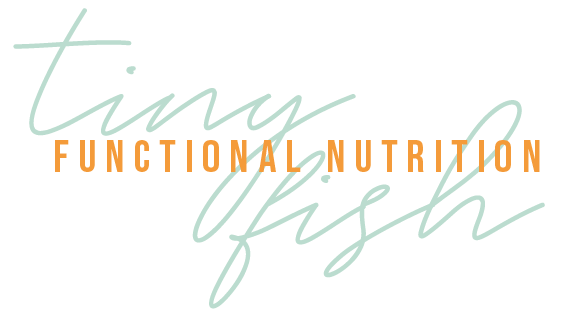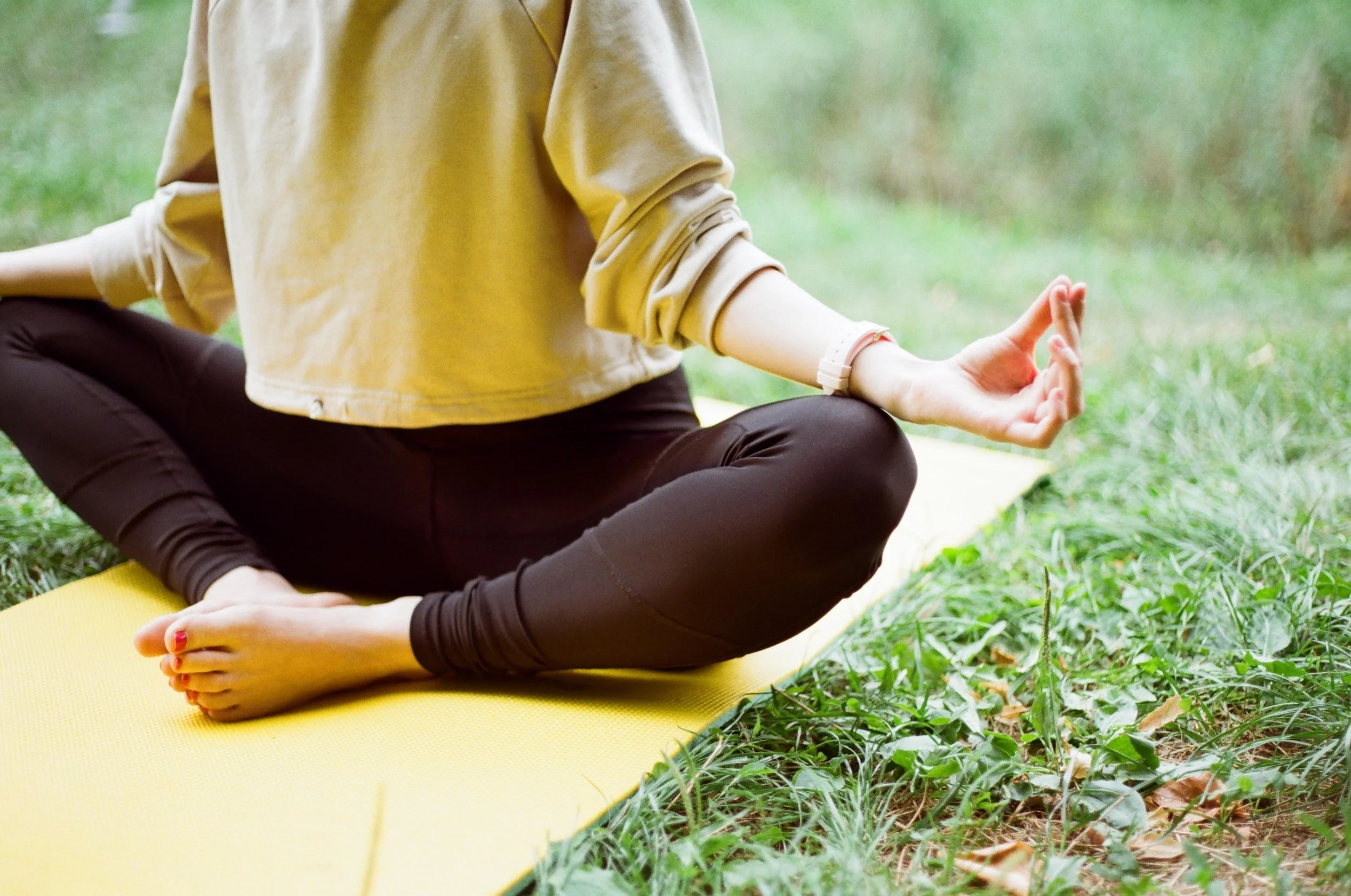How Yoga Helps Mental Health
Guest written by: Dave Toonders a writer and SEO Specialist for Flow and Go Yoga
We're all familiar with the positive physical effects that exercise and yoga can have on the body. However, we are becoming more in tune with the positive mental effects of yoga on the body. Everyday life in 2021 is busy, demanding, and doesn't often offer us much time to slow down our thoughts.
With so much stimulation, it is essential that we are mindful about taking that time for ourselves. That is where yoga can make a big difference and help mental health in ways you may not immediately notice.
Here are some of the ways that yoga helps mental health.
Improves Your Relationship With Yourself
Your relationship with yourself is a vital part of your mental health. When you feel a sense of love and acceptance of yourself, it is much easier to be a positive influence and create wellness in the world around you.
Yoga helps to improve your relationship with yourself by allowing you to slow down, pay attention, and face challenges. One of the beautiful things about yoga is that it is a mix of physically demanding and tension relieving poses. While holding strong through warrior 3 and overcoming a challenge, you teach your brain that you can handle a little more than you may have thought. You are building up your confidence. Whenever you push through the discomfort and keep focused, it becomes easier and easier to do so.
Comparatively, when you are sitting in stillness in a pose like pigeon, there is ample time for your mind to start running. When you're able to hold still, focus on your breathing, and lean into the stretch, you're training your mind to stay calm and be present. Doing so increases your ability to sit with uncomfortable emotions and allow them to pass.
Facing your uncomfortable emotions and staying present are essential parts of improving your personal relationship and mental health. On top of that, pigeon pose just feels darn good.
Reduces Stress
Practicing yoga has been scientifically proven to reduce the stress hormone cortisol. Various studies have shown that a regular yoga practice contributes to decreased cortisol, feelings of stress, fatigue, and depression.
Reduction of stress is an important aspect of mental health. When you're feeling stressed and overwhelmed, your mental health can begin to suffer if no relief is found. We are designed to handle short periods of stress as part of our evolutionary biology. It is what helped our ancestors run from predators or protect themselves in dangerous situations. However, we can also experience the same emotional states from thought alone.
When prolonged periods of stress are present in the body and mind, it can negatively impact a person's well-being. With daily or semi-daily yoga practice, you can begin to instill the positive effects of yoga on stress. You can start to feel more in control, experience more peace, and become more present, which are all essential to improving and maintaining positive mental health.
Reduces Anxiety
Many people in today's world deal with anxiety. Anxiety is a feeling of being out of control and worrisome that something awful may happen. Luckily, there is a lot we can do to improve our mental health and reduce anxiety.
When practicing yoga, you are taking time out of your day to stop focusing on the outer world and begin focusing on your inner world. You are becoming more present and paying attention to what is directly in front of you and in your control at this moment. Often, all we need to help reduce anxiety is a little time to breathe and move our bodies. Yoga helps to take you out of your typical pattern of rushing through the day and allows you to slow your breathing and become more in tune with where you are right now.
People who practice yoga regularly have been scientifically documented to experience lower cortisol levels, stress, and anxiety. When your stress and anxiety are decreased, you have the time to focus on yourself and create positive change for your mental health.
Improves Mood
Yoga helps to move energy throughout the body. Sometimes, we can have painful or negative emotions trapped in the body without even realizing it. With yoga, you create heat, length, and movement in the body, which allows negative energy to move, and release.
By getting the body moving, pumping your heart a little, and stretching out your muscles, you experience a positive mental and emotional reaction. Sometimes, in order to improve your overall mood, all you need is to get a little bit more movement in your body. We often find ourselves sedentary these days, but it may be more challenging to realize how much this type of lifestyle affects our mood.
By simply practicing yoga regularly for 20-minutes, you will get to experience the positive effects that conscious movement and breath can have on the mind.
Improves Energy and Sleep
Your energy levels are directly related to your sleep quality. If you're sleeping well, your body is recovering properly, and your mind does a great job of sorting through emotionally distressing thoughts.
Yoga has been proven to improve the quality of sleep in participants of recent studies. By creating a general sense of calm, acceptance, and relaxation, you naturally allow yourself to sleep better. Many times, we are kept awake by thoughts of worry or anxiety. When you have reduced anxiety levels and feel more at ease and accepting of yourself, you will find it much easier to get to sleep and stay asleep. Then you will find yourself waking up more rested and focused. When this becomes your usual way of being, you will naturally experience positive mental health benefits.
Conclusion
Along with lowering cortisol, improving your sleep quality, and nurturing your self-relationship, yoga also just feels good. It gets you moving while simultaneously slowing down your breath and your mind. Taking the time to practice yoga can make you a happier and healthier person throughout your everyday life.
Link for reference: https://flowandgoyoga.com/
Facebook: https://www.facebook.com/flowandgoyoga
Instagram: https://www.instagram.com/flowandgoyoga/




